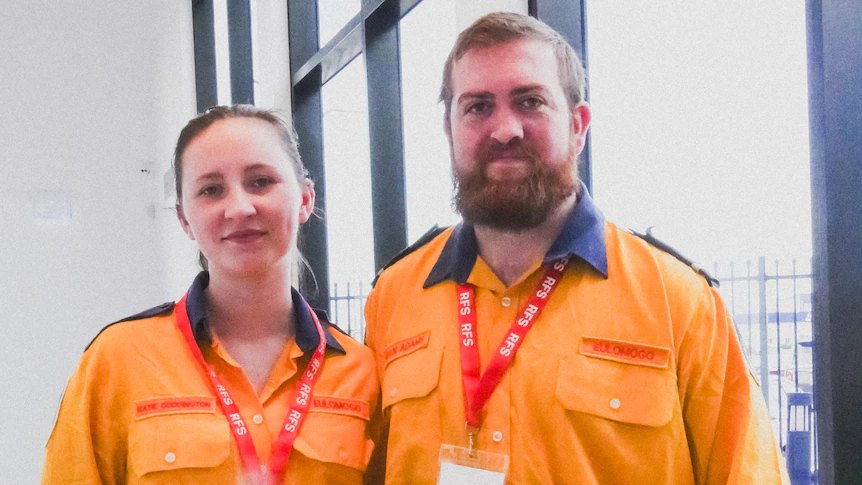By Lily Plass
Copyright abc

Kate Coddington was just 18 when she joined the Rural Fire Service (RFS) in 2021 to continue a family connection.
The Dubbo woman, whose grandfather spent more than 60 years with the Tubbul RFS brigade in southern NSW, was also looking for a way to spend time with her new partner, Aiden Adams.
“I think I ultimately wanted to join because my grandfather was in it and to spend more time with him [Aiden],” she said.
“The new members within our brigade are working well to rip apart the old boys club and make it easier and less intimidating on new people coming in.”
The perception of an “old boys’ club” is backed up by RFS figures.
Members older than 70 old make up largest age cohort in the western area, which has about 14,000 volunteers.
Meanwhile, those under 30 make up the smallest age group.
The RFS has been running secondary school cadet programs in more than 45 high schools across the state, including in Brewarrina, Coonamble, Dubbo, and Lightning Ridge, to encourage young generations to become volunteer firefighters.
But the aging profile and shrinking numbers of many brigades has created concern, especially around bushfire season.
Disappearing brigades
It was not always that way.
Rodney Althofer from Dripstone, a small community an hour south of Dubbo, joined the RFS in 1965.
He said were times when there were about 30 active brigade members, and many more people who turned up to a larger fire.
“You’d often get 80 to 100 people to follow because there were farm hands which you don’t see a lot of nowadays,” he said.
Mr Althofer said he was the only RFS member from Dripstone who turned up to smaller, “nuisance” fires, such as burnt-out, stolen cars.
Although on the books, Dripstone has more members.
He said two other volunteers, also aged over 60, sometimes came from the neighbouring town of Wellington.
“You’re lucky if you get three people,” Mr Althofer said.
Mr Althofer said there were roles behind the front lines that needed to be filled as well.
“Even people that don’t want to go to a fire can help,” he said.
“They can do a maintenance run.”
He said maintenance runs ensured equipment and trucks were fully operational and ready for use in an emergency situation.
Leadership skills
Mr Adams, who joined the RFS when he was 21, said the benefits went far beyond a feeling of contributing to his community.
“I’ve learned how to be a leader in the RFS, which has helped me in my full-time job onto a path into a leadership role,” he said.
“As a young member, it’s easier for us to learn it.”



